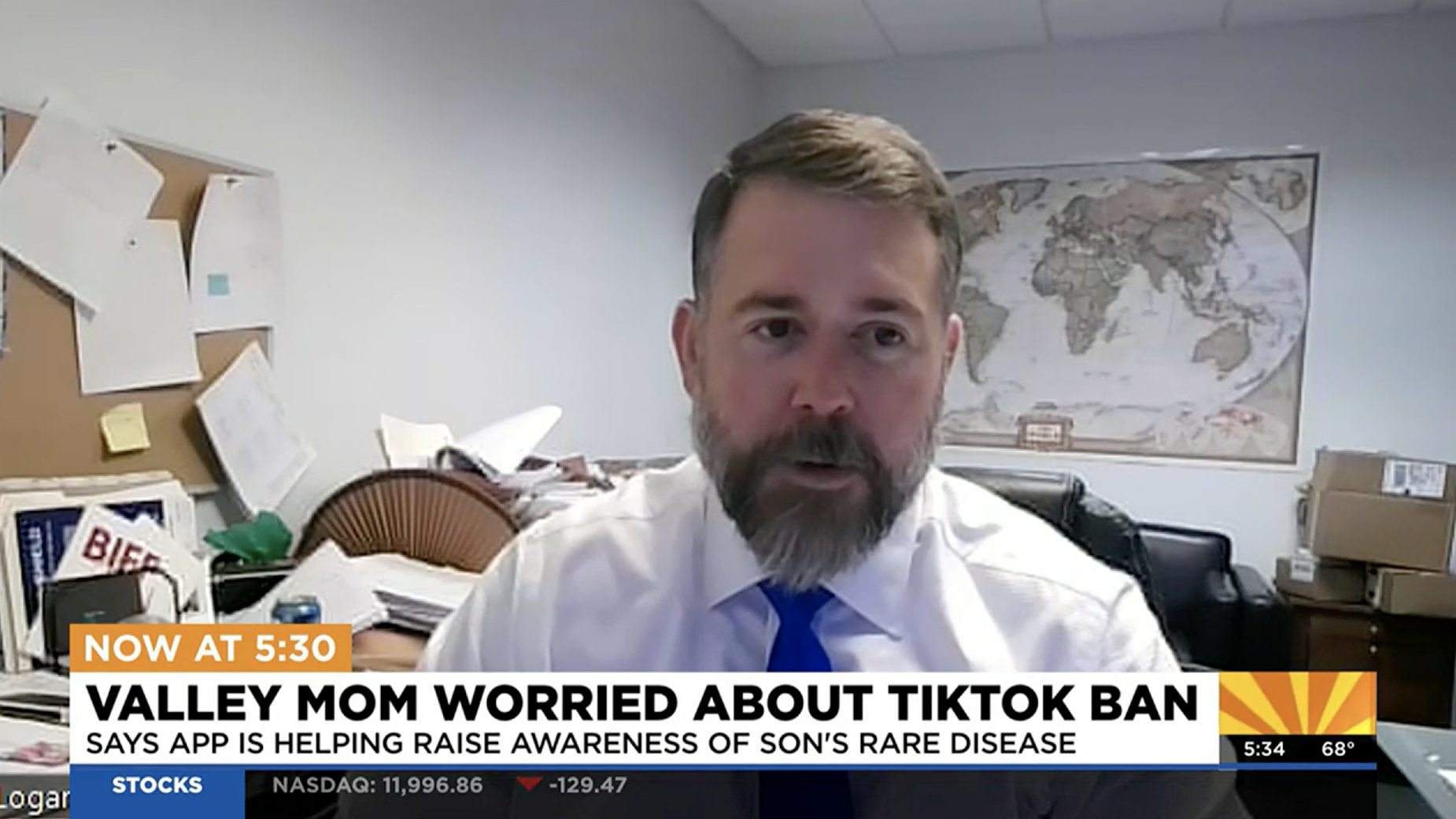
It is a real possibility, but a local cybersecurity expert and attorney notes it’s not likely. He claims even if it is banned, it would likely be immediately contested in court. “A ban of TikTok outright would implicate First Amendment concerns. Congress shall make no law abridging freedom of speech or the right of the people to peacefully assemble. Arguably both of those qualities are implicated in a TikTok ban,” said Logan Elia, a Scottsdale Attorney for Rose Law Group, with expertise in cybersecurity.
By 3TV/CBS 5
From the state to the federal level, we’re seeing more cases of government agencies banning TikTok. Gov. Katie Hobbs just banned the app on state government employees’ phones, as did Arizona Attorney General Kris Mayes. U.S. lawmakers can’t have it on their devices either, and universities are following suit. ASU and UArizona also banned employees from using TikTok.
Federal officials are concerned the Chinese government could pressure TikTok into handing over users’ personal information, which could be a national security risk. The White House has also talked about banning the app nationwide. More than 150 million Americans are on TikTok.
A Tempe mom said this could be dangerous to the medical community, specifically parents seeking answers for their children. Lexi Hernandez is an advocate of the app and says a nationwide ban would be detrimental to people worldwide.
She says her son, who suffers from acute paralysis, wouldn’t have gotten the medical care he needed if it weren’t for a community of TikTokers.





